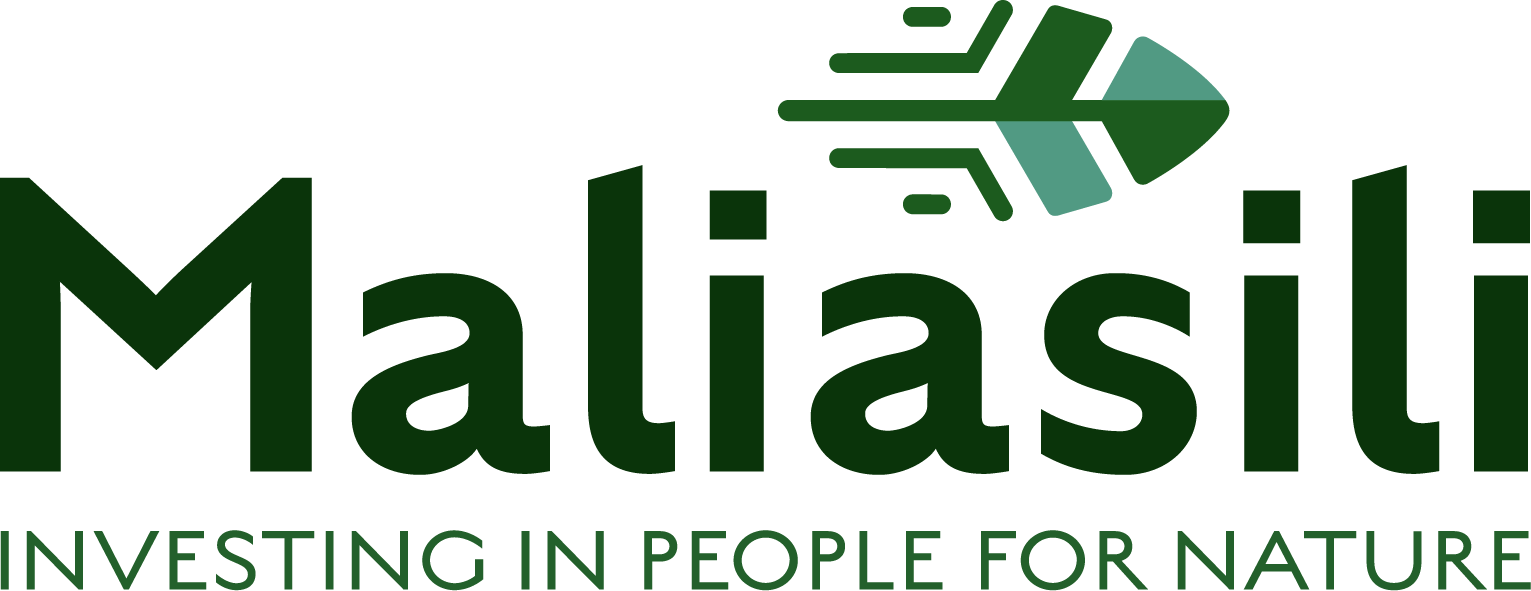The ultimate guide to performance and feedback
We shared guidance on annual goal setting back in January because annual goal setting links your organization’s strategy to an individual’s work plan. But goal setting is also important for performance management. When someone sets clear goals for what they want to achieve, it makes reviewing their work and performance a lot more clear.
Unfortunately, the ‘review’ part often turns into a once-per-year box-checking exercise rather than the productive, thoughtful, and development-oriented experience that performance reviews are really meant for.
Performance management systems tend to be overly complicated and unnecessarily stressful. Here Maliasili’s COO, Elizabeth Singleton, shares with you a different approach, one that is simple, helpful, and geared at strengthening individuals’ performance.
Goals as the foundation for performance assessment →
At its core, performance assessment is meant to review progress towards stated goals - what an individual isaiming to accomplish in a given year, clearly articulating what success would look like.
Assessment allows us to evaluate an individual’s performance and their contributions towards their team and organizational goals. It also identifies areas for improvement. Learning from evaluation is a key component of progress and change. If we don’t lay down markers (e.g. goals, objectives, desired results) to assess performance, it makes it harder to improve, or even know there is an opportunity for improvement.
In addition, setting individual professional development goals is another important way for people to identify new skills and capabilities on which they want to focus which then help them and their manager track their progress.
It’s not a one-off: consistent engagement is key →
A year-end assessment or performance review should be just one piece of the performance management process. To help someone truly perform, they need regular and consistent points of reflection, feedback, and learning. The year-end assessment then serves as a useful culmination of a much broader annual assessment process.
This is Maliasili’s annual performance process, a simple approach built around frequent check-ins and feedback, punctuated with more formal reviews.
Regular 1:1 meetings: These management meetings take place between an individual and their supervisor (hence, one on one). They provide space for real time feedback,advice, and joint problem solving. Managers and their reports should decide on the frequency of these, but we recommend every one or two weeks for 45 minutes to an hour.
Quarterly reviews: The quarterly reviews are a useful time to pause, reflect on progress, and adjust as needed. A quarterly review could be as simple as both the supervisor and their report reflecting on two questions about a team member’s goals:
What is going well and should continue?
Where are there challenges and what new approaches might be needed? We call this review a ‘plus/ delta’ – what do you want more of and what needs to change?
Mid-year review: In addition to the plus/ delta framework, a mid-year review provides a good opportunity to assess annual goals. As we know, work is dynamic and changes in the first half of the year might merit a change to the goals based on current priorities and realities.
Year-end Assessment: The year-end assessment should be the culmination of a performance assessment process, NOT the entirety. It is an opportunity to reflect on progress through the year, but also feedback provided and how that feedback was put into action and what adjustments and adaptations team members made to their work throughout the year.
No surprises →
By the time of a year-end assessment discussion, there should be no surprises. Each team member should have a clear sense of their level of performance, how well their manager thinks they are doing, and their areas of improvement based on discussions and feedback throughout the year. If any team member is surprised by the outcomes at the end of the year, there hasn’t been a robust and trusted dialog throughout the year.
Culture of feedback →
Management meetings and performance discussions are only as valuable as the quality of the discussion and feedback, and this requires a strong culture of feedback across the organization. Feedback is a gift- it is not criticism, but rather an opportunity to learn and improve. The individual team members in any organization are its greatest asset, and focusing on supporting their work and improving their skills and performance should be a top priority for management.
Effective feedback is based on trust and the belief of each team member that feedback is provided with their best interests in mind– this isn’t about tearing anyone down, but building them up and helping them succeed. People often shy away from providing constructive or negative feedback out of fear of conflict or hurt feelings, but no one can improve if they don’t understand how they are underperforming.
Do's and Don'ts →
DO:
Set clear goals with measurable results.
Discuss progress regularly in 1:1 meetings.
Build a culture of trusted feedback; make sure that every team member knows that the organization wants them to succeed.
Adjust goals if context and circumstance changes.
Have clear criteria and expectations for performance– what does success look like?
DON’T:
Set unrealistic targets for the year.
Focus just on performance goals, make sure to include professional development.
Talk about performance one time per year.
Tell team members what they are doing poorly without helping them think about how they could improve.
TASK feedback →
Like many routine tasks, feedback should be done regularly and with structure.
T: Timely
Time-sensitive. Do not wait. The nearer to the event or action, the more relevant the feedback will be.
A: Actionable
Focus on what to do moving forward, versus dwelling on past mistakes.
“What will be the result of the change/action?”
S: Specific
Examples (tips) of what one can see, hear, or otherwise do - to demonstrate expected actions. Avoid adjectives and generalizations.
K: Kind
The intention should always be to help, grow, and improve!


